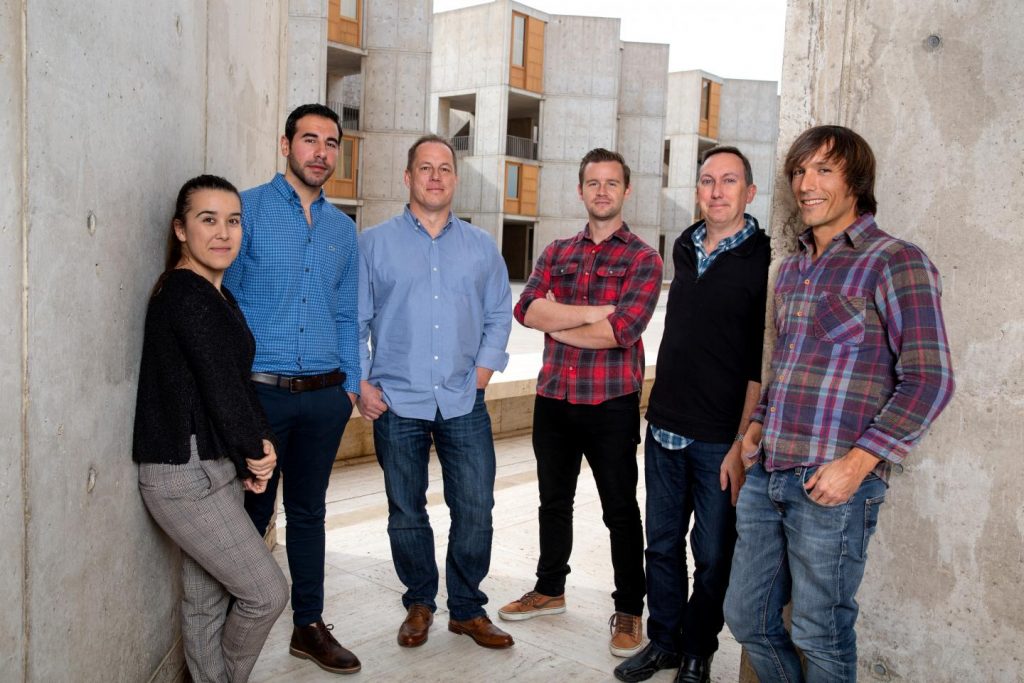
Scientists at the Salk Institute have discovered how a cellular recycling process that has previously been thought to fuel cancer growth may actually prevent early cancer development by promoting the death of cells in crisis. The researchers’ studies, which were designed to investigate the relationship between telomere shortening and cancer, indicated that autophagy represents a completely novel tumor suppressing pathway, and could lead to new therapeutic approaches to halting cancer development.
“The results were a complete surprise,” commented Jan Karlseder, PhD, a professor at Salk’s Molecular and Cell Biology Laboratory, and senior author of the team’s paper published in Nature. “There are many checkpoints that prevent cells from dividing out of control and becoming cancerous, but we did not expect autophagy to be one of them.” The team described its studies and findings in a paper titled, “Autophagic cell death restricts chromosomal instability during replicative crisis.”
The ends of chromosomes, or telomeres, act to protect chromosomes from fusing during DNA replication and cell division. These telomeric ends on the chromosomes become progressively shorter each time a cell divides, and once they reach a critically short length the cell is signaled to stop dividing permanently. Cancer-causing viruses and other factors can disrupt this stop message, however, and the cells keep dividing, even though the telomeres can no longer protect the chromosomes. Cells that continue to replicate with missing or too-short telomeres enter a state of replicative crisis, and their unprotected chromosomes can fuse and become dysfunctional, which is a feature of some cancers. “Such post-crisis cells exhibit characteristics of malignant transformation, including an unstable genome, loss of checkpoint control, and upregulated telomere maintenance, emphasizing the essential role of cell death in crisis as a tumor suppressor,” the researchers stated.
Karlseder’s team set out to study crisis, a state that generally triggers cell death to prevent any precancerous cells from developing into cancer. What hasn’t been well understood is the underlying mechanism by which the brakes are put on continued replication. “Cells rarely evade elimination and evolve towards malignancy, but the mechanisms that underlie cell death in crisis are not well understood,” the team added. “Death in crisis is consistent with programmed death.”
It has generally been assumed that a form of programmed cell death known as apoptosis underpins crisis-triggered cell death. “Many researchers assumed cell death in crisis occurs through apoptosis, which along with autophagy is one of two types of programmed cell death,” stated first author Joe Nassour, PhD, a postdoctoral fellow in the Karlseder lab. “But no one was doing experiments to find out if that was really the case.”

Subsequent experiments through which the team deliberately induced damage to either the middle sections of chromosomes or to their telomeric ends confirmed that when the telomeres were lost autophagy was activated, whereas when other parts of the chromosomes were damaged apoptosis was activated.
Autophagy has previously been thought to act as a mechanism that fuels early tumorigenesis by recycling other cells to provide nutrients for the replicating cancer cells. The Salk Institute work now indicates that autophagy may actually act to prevent uncontrolled cell growth and replication. “Our data suggest that autophagy is an integral component of the tumor suppressive crisis mechanism and that loss of autophagy function is required for the initiation of cancer,” the authors concluded.
“Considering that crisis represents the final barrier against the emergence of neoplastic cells and that autophagy is responsible for cell death in crisis, inhibition of autophagy as a cancer treatment could have the unwelcome side effect of increasing the frequency of neoplastic transformation,” the authors stated. The situation may not be completely cut and dried, however, as previous work by co-author Reuben Shaw, PhD, a professor at Salk’s Molecular and Cell Biology Laboratory, has also suggested that once the cancer is well underway, blocking autopaghy may still act to help “starve” a tumor of nutrition.
“This work is exciting because it represents so many completely novel discoveries,” Karlseder stated. “We didn’t know it was possible for cells to survive crisis; we didn’t know autophagy is involved with the cell death in crisis; we certainly didn’t know how autophagy prevents the accumulation of genetic damage. This opens up a completely new field of research we are eager to pursue.”

